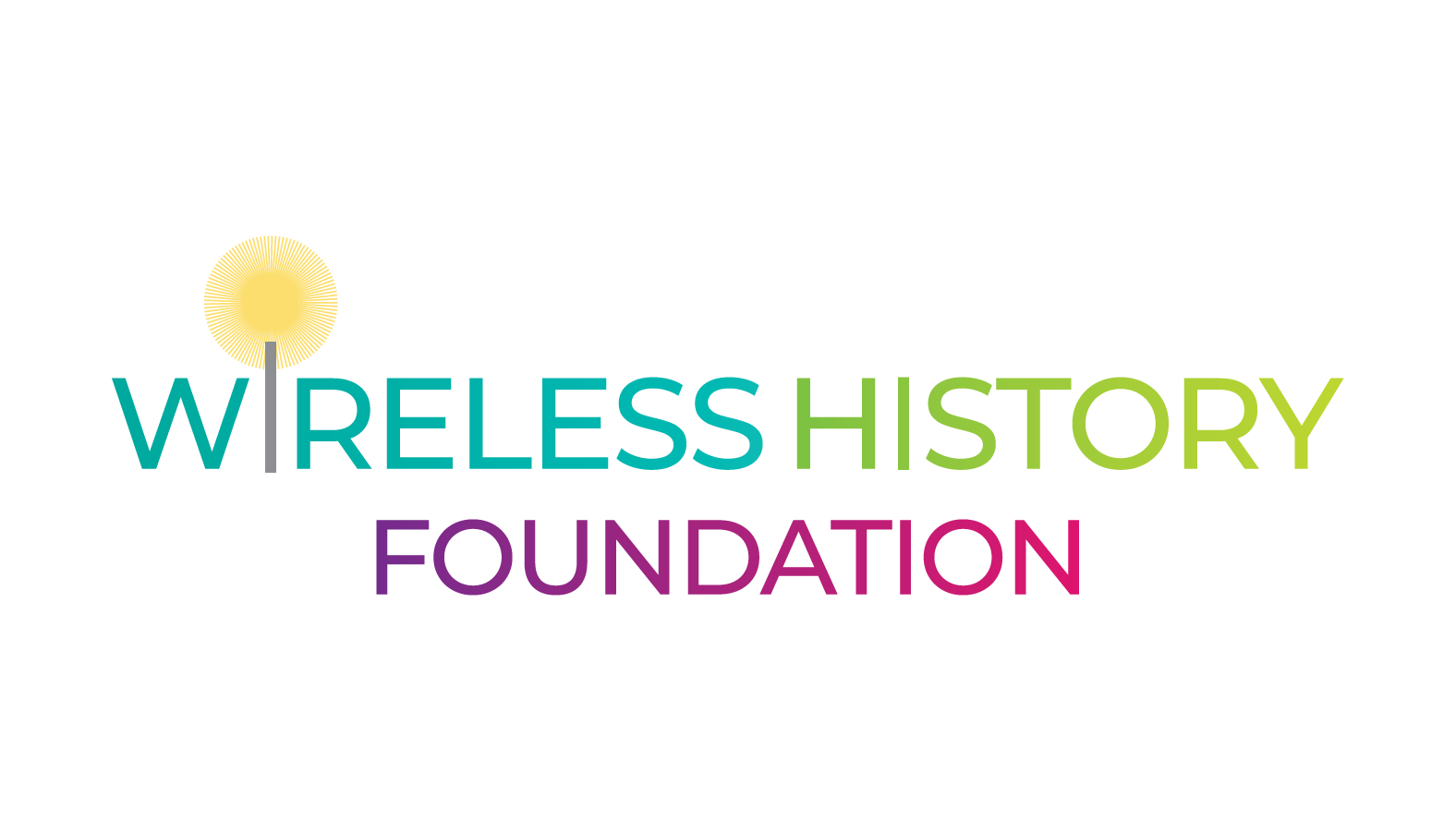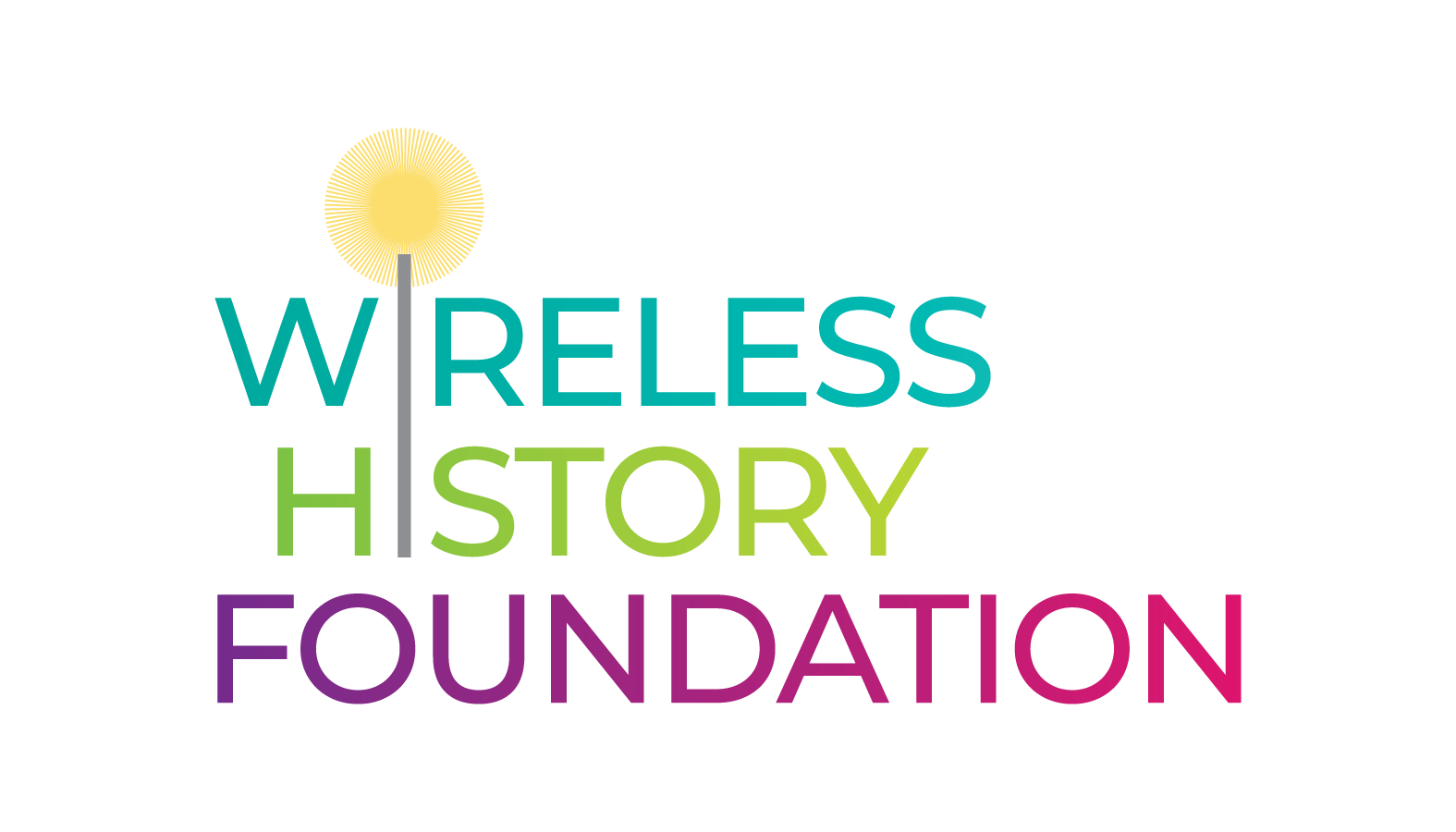We remember these moments as some of the greatest achievements in athletics at the Olympic Games: Jesse Owens winning four gold medals in the 1936 Berlin games; Mark Spitz winning 7 gold medals in Munich; USA’s hockey team defeating Russia in the semi-finals in 1976; Nadia Comaneci getting the first perfect 10 score in gymnastics; Michael Phelps winning 8 gold medals in Beijing. The Olympics also inspire other historic moments. Let’s look back at some wireless moments in Olympic history.
1936 – Broadcast history is made when the Olympic Summer Games in Berlin are broadcast via radio for the first time. Limited radio broadcasts were available for the 1928 Amsterdam and 1932 Los Angeles Games.
1984 – In anticipation of the Olympic Games in Los Angeles, future cellular carriers pushed the FCC to issue licenses in time for them to build systems to serve the Olympics. The first Los Angeles license was granted in the spring, and on June 13 L.A. Mayor Tom Bradley placed a call on the new PacTel system to the runner carrying the Olympic Torch through Dallas, Texas. The L.A. Olympics and cellular service were both hugely successful. By the end of 1984, there were 15,000 wireless subscribers in Los Angeles.
1996 – The Atlanta Games saw the rollout of the first digital wireless system in Georgia. Dual-mode (analog/digital) handsets were available for rent so European visitors could have access to the service they were familiar with. Unlike the 1984 Olympics in L.A., where cellular was in its infancy, wireless service in Atlanta was standard equipment for teams, spectators and businesses involved in the Olympic Games.
1998 – For the Winter Olympic Games in Nagano, the organizing committee used wireless communication units in planning and overseeing the Games, including devices with a bilingual display.
2010 – The Olympic Broadcast Service offered a New Media Video and Audio package at the Vancouver Winter Games to meet the needs of mobile phone users and other new media.
2012 – New applications are available for smart phone and tablet users to keep up with the Olympic Games in London: NBC Olympic Live Extra app, and the NBC Olympics app for short form highlights and schedules.
Wireless communication will be a big player in the London Games with over 5 million people from across the world attending, and the surge in wireless traffic being more than double. One of the biggest challenges for this year’s Olympics is having enough spectrum available to meet wireless demands. This won’t be just from mobile phone use. Not only will attendees utilize streaming and social media on their wireless devices, a variety of equipment from local, national, and international broadcasting outlets will operate wirelessly using wireless microphones, in-ear devices, and video and audio cameras, all using a certain frequency and using bandwidth. Security personnel, local police, athletes, and coaches will all heavily rely on wireless communication. In 2012 more than ever before, wireless communication will help record and connect people to even more memorable Olympic moments.

